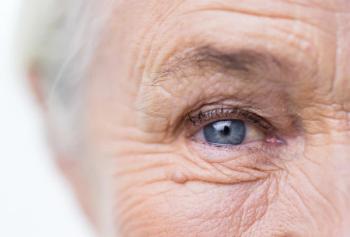
Updated data from the AAVIATE trial were presented at the Hawaiian Eye and Retina meeting.

Updated data from the AAVIATE trial were presented at the Hawaiian Eye and Retina meeting.
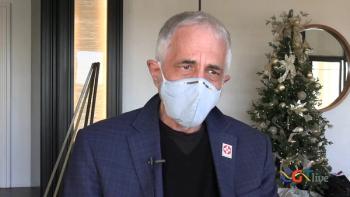
The cofounder, executive vice president, and chief medical officer, CLL Society, discussed unmet needs that remain for people with CLL and how the society is working to advance research in the field.

Catch up on the latest news, breakthroughs, and announcements from biotechnology companies making advancements in cell and gene therapies.
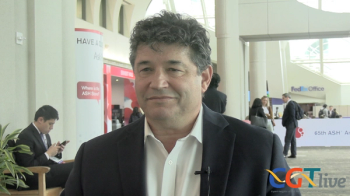
The clinical professor in the Department of Human Genetics at University of Texas Rio Grande Valley discussed research on racial differences in the Factor VIII gene that can impact treatment efficacy for hemophilia A.
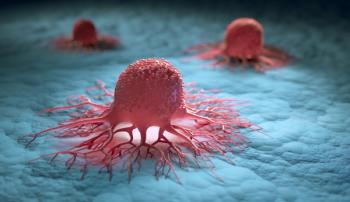
Three of CARsgen’s CAR therapies are currently on clinical hold due to CMC questions.

The therapy’s original PDUFA date was March 30, 2024, but the TDT approval followed only a month after exa-cel's sickle cell approval.
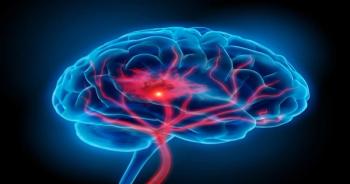
Further research is needed to determine if cell therapy may be beneficial to certain subgroups of patients.
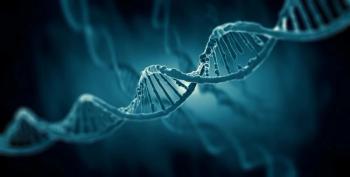
Among 3 patients in the study’s first cohort, a 3.6 to 6.6-fold increase in CSF PGRN over baseline was observed at 30 days posttreatment.
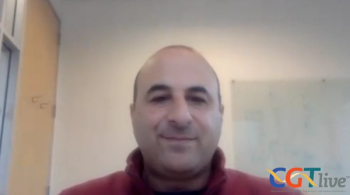
The cofounder and CEO of Neurona Therapeutics discussed results from a phase 1/2 clinical trial presented at AES’s annual meeting.

The trial is recruiting 5 more participants for the highest dose cohort following a positive DSMB review.
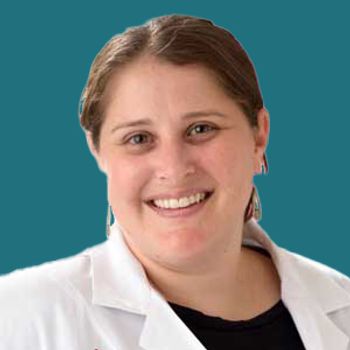
Tami John, MD, a clinical associate professor at Stanford Medicine, discussed a study on samples from patients who had received either HSCT or gene therapy for sickle cell disease.
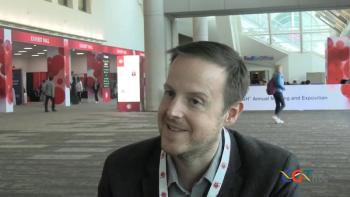
The associate professor at Peter MacCallum Cancer Centre discussed highlights from the 2023 ASH meeting.
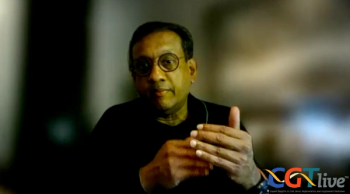
The president and head of R&D at Taysha Gene Therapies discussed positive early results from the first 2 patients treated with gene therapy TSHA-102.
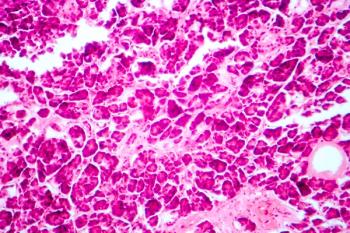
Kadimasem’s lead clinical candidate, AstroRx, was recently cleared for trials in the US for people with ALS.

The first pediatric patient was treated in the United States, but the company has now also received clearance to treat pediatric patients in the UK.

Review top news and interview highlights from the week ending January 12, 2024.
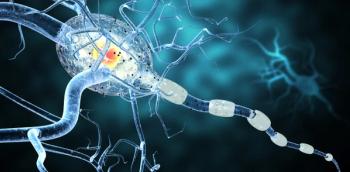
Atara plans to submit a BLA for tab-cel, approved in Europe, in the second quarter of 2024.

Among 11 patients with PD who were treated in the study, there no serious adverse events (AEs) attributed to AB-1005.
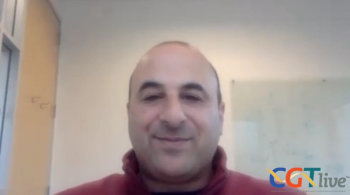
The cofounder and CEO of Neurona Therapeutics discussed NRTX-1001, the company’s allogeneic regenerative neural cell therapy.

University College London has initiated the single site trial at Great Ormond Street Hospital, London.
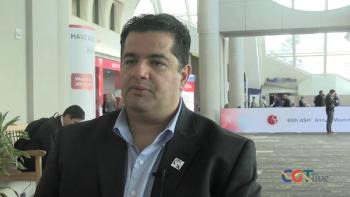
The associate professor at Fred Hutch Cancer Center discussed data from a retrospective analysis of patients treated with tisa-cel, axi-cel, or liso-cel.
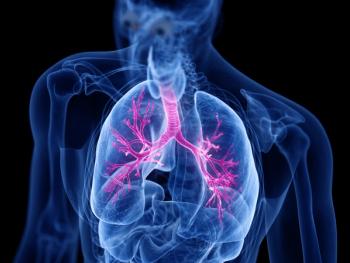
There was 1 serious AE of pneumonia which was found to be possibly related to 4D-710.

Catch up on the latest news, breakthroughs, and announcements from biotechnology companies making advancements in cell and gene therapies.
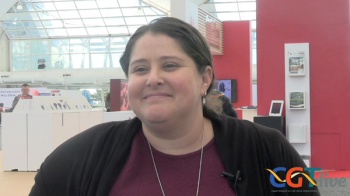
The clinical associate professor at Stanford Medicine also discussed ongoing trends in sickle cell disease research.
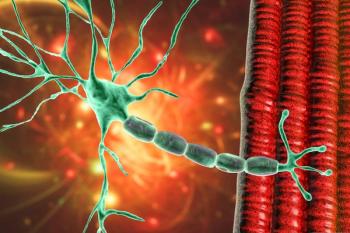
In terms of safety, Descartes-08 was characterized as well-tolerated during the study and long-term follow-up period.
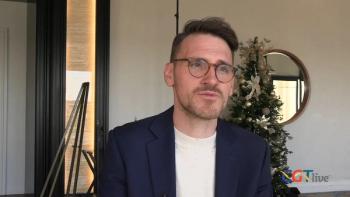
The postdoctoral researcher at Laboratory for Translational Cancer Immunology, Ludwig-Maximilians-Universität München, discussed further research his group is conducting with cell therapy.
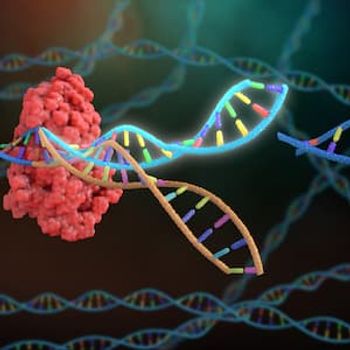
Altogether, there was a 91% reduction in median serum TTR at day 28.
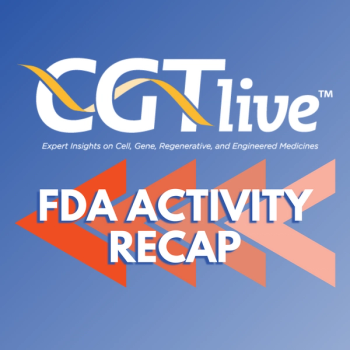
Catch up on any of the key FDA news stories you may have missed last month, with coverage highlights from the CGTLive™ team.

Alexis Thompson, MD, MPH, the chief of hematology at Children’s Hospital of Philadelphia, discussed the need to determine whether the recently approved sickle cell disease gene therapies could benefit younger patients.
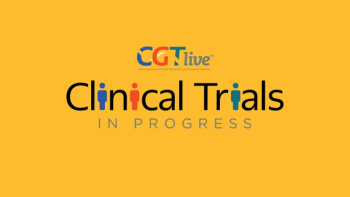
Exa-cel was recently approved for the treatment of SCD in the US, but data from the pivotal clinical trial continues to be collected.